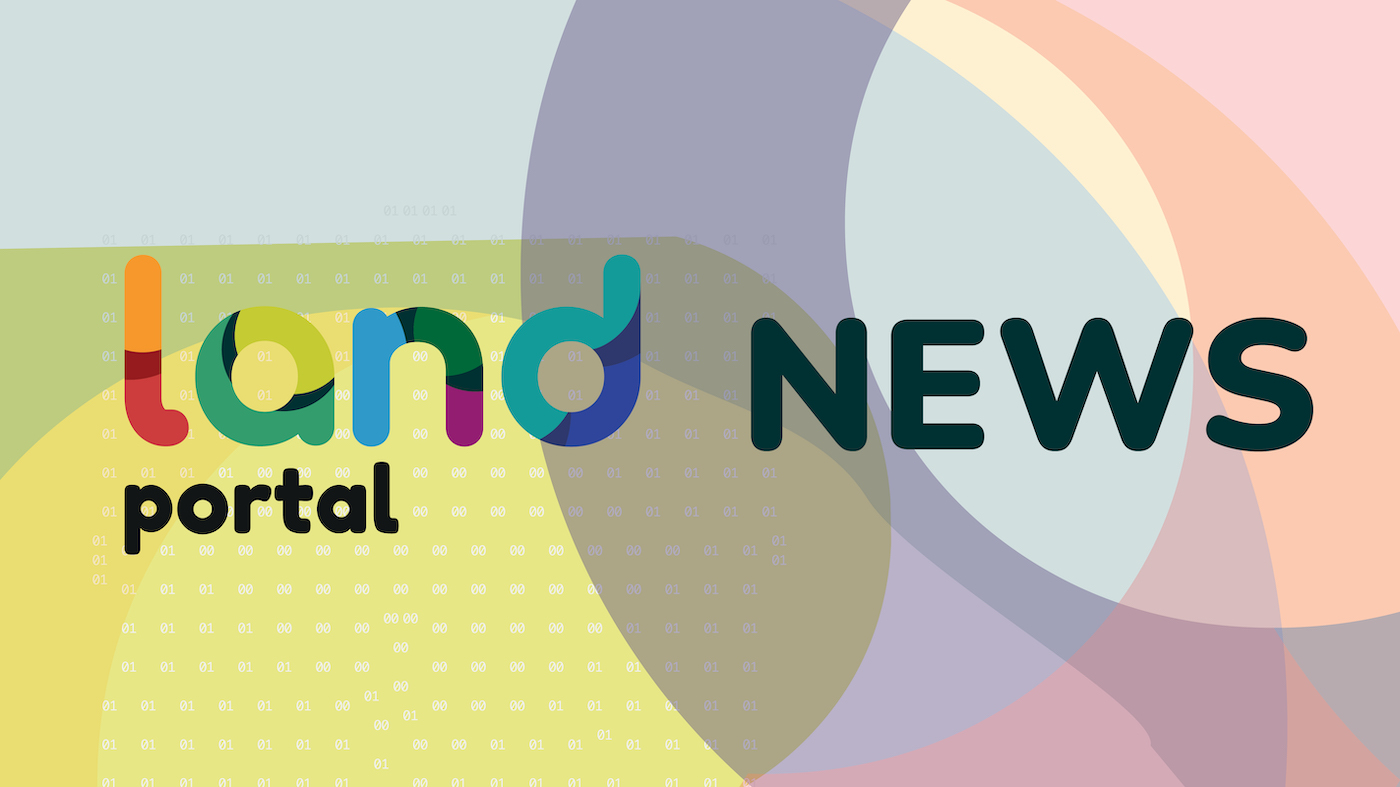

Copyright © da fonte (mencionado acima). Todos os direitos reservados. O Land Portal distribui materiais sem a permissão do proprietário dos direitos autorais com base na doutrina de “uso justo” dos direitos autorais, o que significa que publicamos artigos de notícias para fins informativos e não comerciais. Se você é o proprietário do artigo ou relatório e gostaria que ele fosse removido, entre em contato conosco pelo endereço hello@landportal.info e removeremos a publicação imediatamente.
Várias notícias relacionadas à governança da terra são publicadas no Land Portal todos os dias pelos nossos usuários, partindo de várias fontes, como organizações de notícias e outras instituições e indivíduos, representando uma diversidade de posições sobre cada tópico. Os direitos autorais estão na origem do artigo; a fundação não tem o direito legal de editar ou corrigir o artigo, nem endossar o seu conteúdo. Para fazer correções ou solicitar permissão para republicar ou outro uso autorizado deste material, entre em contato com o detentor dos direitos autorais.
